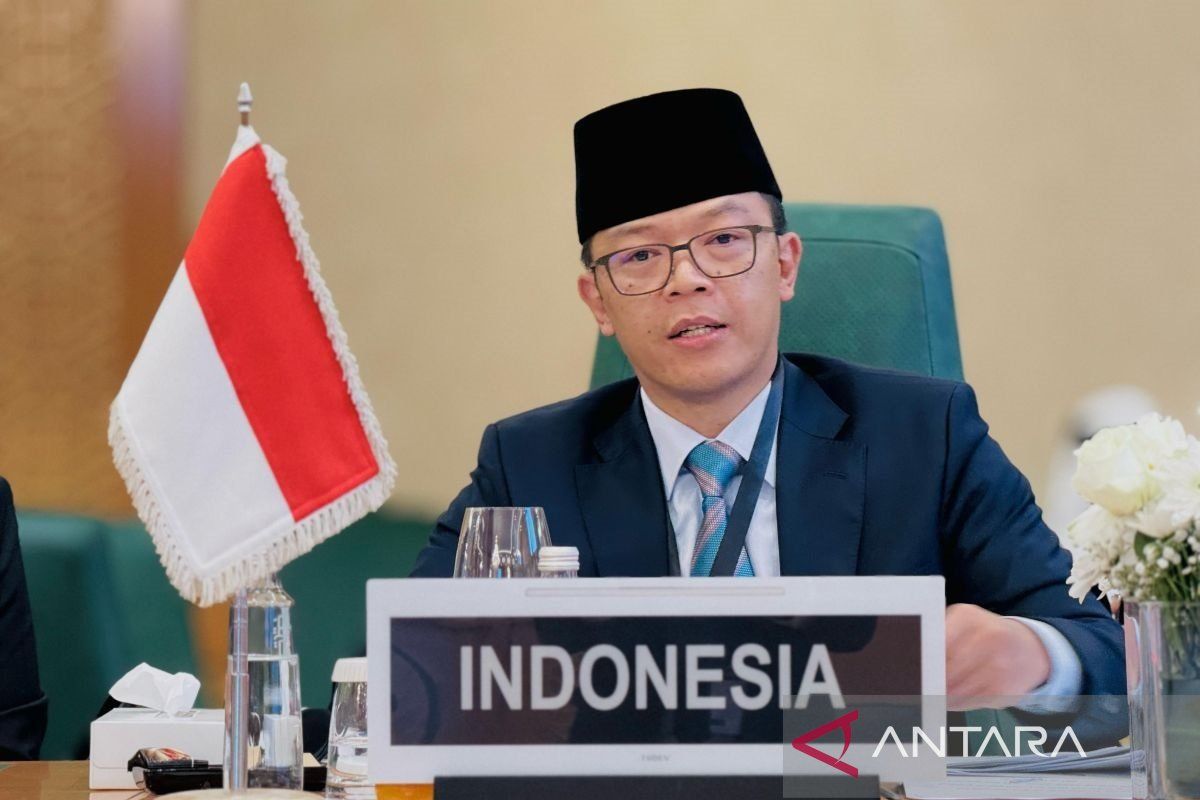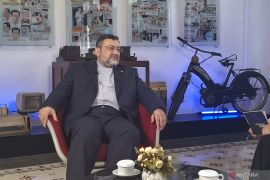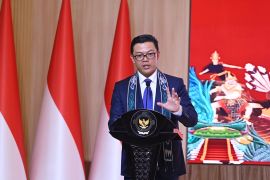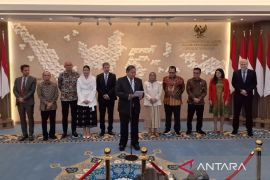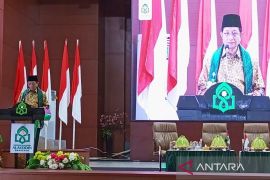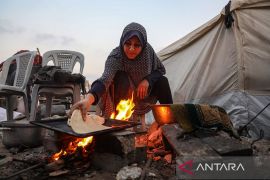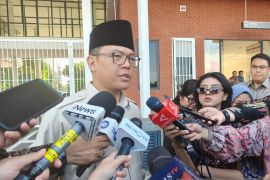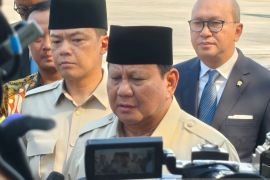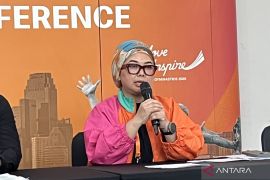He noted that such obligation has been affirmed by the International Court of Justice (ICJ) and countless resolutions of the UN Security Council and the UN General Assembly.
“As an occupying power, Israel’s legal obligations extend beyond the general duties owed by all states under international law,” Sugiono stated during public hearings of the ICJ on Israel’s obligations in connection with its activities in the occupied Palestinian territory, at the Hague, Wednesday (April 30).
“The Fourth Geneva Convention governs the protection of civilians during times of armed conflict and occupation, and it places specific duties on Israel with respect to the humanitarian needs in the occupied Palestinian territory,” he remarked.
Regarding the Fourth Geneva Convention, Indonesia submits that Israel is duty-bound at least first to ensure the provision of basic supplies; second, accept and facilitate relief schemes; third, maintain medical services and protect humanitarian personnel; fourth, refrain from any form of collective punishment; and fifth, avoid forcibly transferring and deporting civilian population.
“In particular, Israel must ensure that the civilian population in the occupied Palestinian territory is provided with essential supplies, including food, medical care, and other necessary services. This obligation goes further to underscore the positive duty to maintain special protection for vulnerable groups, including children under 15, expectant mothers, and mothers of young children,” Sugiono explained.
He noted that Israel cannot disregard these responsibilities, as they are unequivocal and binding upon Israel as the occupying power.
He affirmed that failure to fulfill these obligations would have grave consequences for the civilian population and constitute a breach of Israel’s duties under international law.
Second, Israel is required to cooperate with international humanitarian agencies to establish relief schemes for providing food, medical care, and other essential services. This obligation becomes even more crucial when the civilian population is inadequately supplied.
“The spirit of these provisions is clear: humanitarian aid must be facilitated by the occupying power, not obstructed. It becomes evidently clear that Israel does not fulfill this obligation,” he affirmed.
Moreover, Israel played a pivotal part in the unfolding of the biggest humanitarian catastrophe of this decade. Sugiono pointed out that the entire Palestinian territory has been living with persistently low living standards, being denied access to water, food, and energy.
Third, the Geneva Conventions also impose strict obligations on Israel to protect medical facilities, healthcare personnel, and the provision of healthcare services. These include ensuring that hospitals are not attacked and that medical personnel can carry out their work without interference.
“These duties are not optional. At this juncture, Israel has clearly failed to respect those obligations,” Sugiono emphasized.
“Indonesia wishes to highlight the fact that one of these failures was evident in the event of Israel’s attack on the Indonesian hospital in Gaza in 2023. This attack was perpetrated against one of the most critical health infrastructures in Gaza, despite the fact that there were patients being treated,” he pointed out.
Fourth, Israel is also duty-bound not to perpetrate collective punishment, which is prohibited under Article 33 of the Fourth Geneva Convention.
Sugiono emphasized that Israel must therefore ensure that any measure taken in the occupied Palestinian territory does not punish the civilian population collectively.
However, he stated that reality speaks a horrible truth. The imposition of a total siege by Israel—cutting off electricity, water, food, and medicine —punishes the entire civilian population of Gaza for the actions of a few.
Statements by high-ranking Israeli officials that assign collective guilt to “an entire nation” reinforce the conclusion that such measures are intended to punish civilians indiscriminately.
“This is not only illegal but morally indefensible,” he noted.
Fifth, he underlined that the Fourth Geneva Convention prohibits the transfer or deportation of civilians from the occupied Palestinian territory. This provision is designed to protect the integrity of the Palestinian population and to ensure that they are not forcibly displaced from their homes.
Any measures relating to evacuations may only be taken for imperative military reasons, and even then, must be temporary and must not violate the rights of the civilian population.
“Israel must respect this obligation and refrain from engaging in any actions that would lead to the unlawful transfer of civilians from the occupied territory. Yet what we have witnessed in Gaza is a de facto policy of permanent dispossession. Israel is deliberately conducting a policy of forced mass displacement, accompanied by the destruction of civilian infrastructure,” he remarked.
“More than 66 percent of buildings in Gaza were destroyed, and the requirement to return displaced persons to their homes has been rendered meaningless,” Sugiono concluded.
ICJ started the public hearings on Monday (April 28) on the request for an advisory opinion on Israel’s obligations in connection with its presence and activities in the occupied Palestinian territory.
Representatives from around 40 countries, including Indonesia, and four international organizations are expected to present oral submissions during the proceedings.
Israel also faces a genocide case at the ICJ for its war on the Gaza Strip, where more than 52 thousand Palestinians have been killed since October 2023.
Related news: Israel must facilitate humanitarian aid for Palestinians: FM
Related news: Prabowo, Malaysian Deputy PM discuss Gaza, Trump tariffs
Related news: Indonesia's Baznas discusses aid delivery with Palestinian clerics
Translator: Cindy Frishanti Octavia, Yashinta Difa
Editor: Azis Kurmala
Copyright © ANTARA 2025
